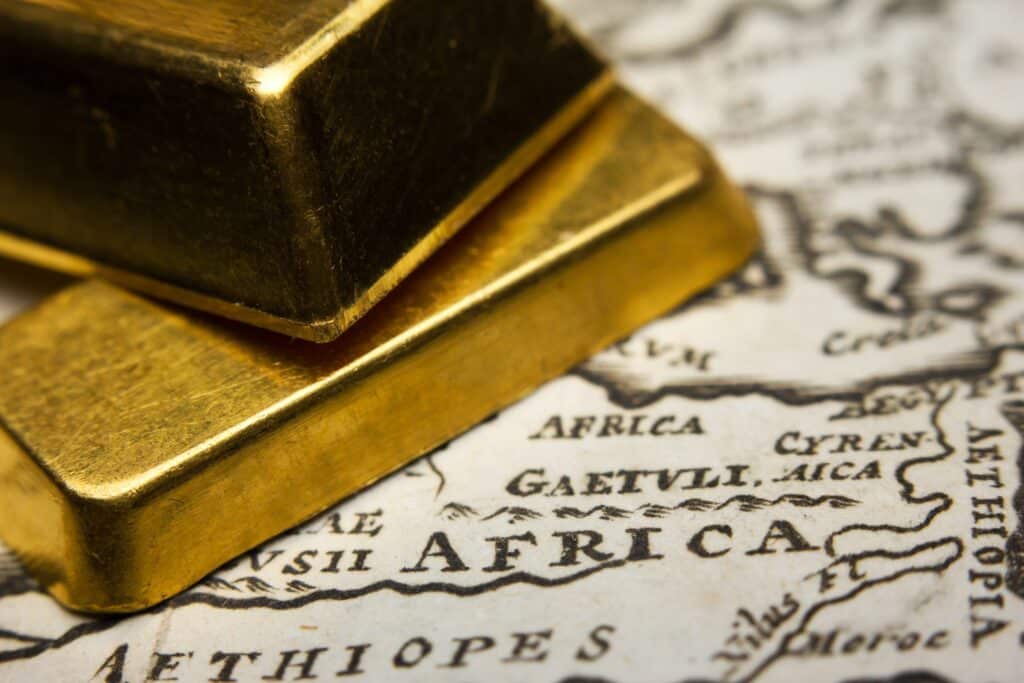Africa is a continent blessed with an abundance of natural resources, including precious minerals like gold, diamonds, and oil. These resources hold immense potential for economic development and prosperity. However, despite this wealth beneath the ground, many African countries continue to struggle with economic challenges such as poverty, inequality, and underdevelopment. This paradox raises important questions about the factors that prevent these nations from fully capitalizing on their natural wealth.

One of the primary reasons for this economic struggle is poor governance and corruption. In many African countries, the management of natural resources is marred by corrupt practices, where a small elite group controls the wealth generated from these resources. Instead of investing in infrastructure, education, and healthcare, the profits from mineral extraction are often siphoned off for personal gain or mismanaged through inefficient government practices. This lack of transparency and accountability hinders economic growth and exacerbates inequality, leaving the majority of the population unable to benefit from the country’s natural wealth.
Another significant factor is the “resource curse,” a phenomenon where countries rich in natural resources tend to experience slower economic growth than those with fewer resources. The resource curse is often driven by over-reliance on a single sector, such as mining or oil extraction, which makes economies vulnerable to price fluctuations in global markets. When the prices of these commodities drop, it can lead to economic instability and reduced government revenues. Additionally, the focus on resource extraction can lead to the neglect of other sectors, such as agriculture and manufacturing, resulting in a lack of diversification and sustainable economic development.

Furthermore, inadequate infrastructure and a lack of industrial capacity are major obstacles to economic progress in African countries. Many nations lack the necessary infrastructure, such as roads, ports, and power supplies, to effectively extract and process their mineral resources. Without proper infrastructure, the cost of mining and exporting these resources becomes prohibitively high, reducing the profitability of the sector. Additionally, the absence of local industries capable of processing raw materials means that much of the value-added work, such as refining and manufacturing, is done outside the continent, depriving African economies of the full economic benefits of their resources.
The exploitation of mineral resources by foreign companies also plays a role in limiting the economic gains of African countries. Many of these companies operate under contracts that are heavily skewed in their favor, often due to the unequal bargaining power between multinational corporations and African governments. These contracts typically result in a significant portion of the profits being repatriated to the companies’ home countries, leaving African nations with only a small share of the revenue. Moreover, the environmental and social costs of mining, such as land degradation and displacement of local communities, further strain the economies of these countries.
In conclusion, the economic struggles of African countries, despite their rich mineral resources, are the result of a complex interplay of factors including poor governance, the resource curse, inadequate infrastructure, and exploitation by foreign companies. Addressing these challenges requires comprehensive reforms aimed at improving governance, diversifying economies, building infrastructure, and ensuring fairer terms of engagement with foreign investors. By tackling these issues, African countries can begin to unlock the full potential of their natural resources and pave the way for sustainable economic development.




